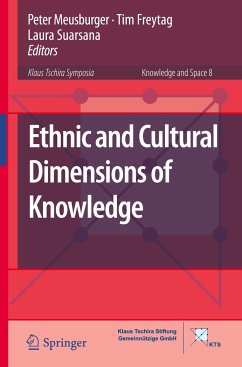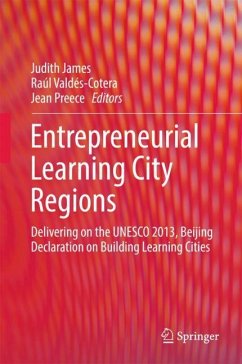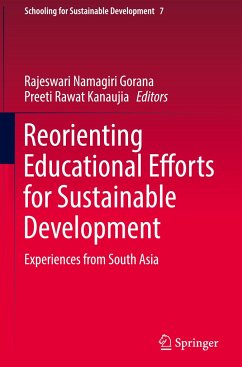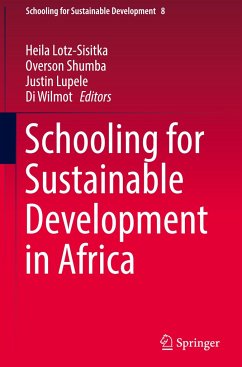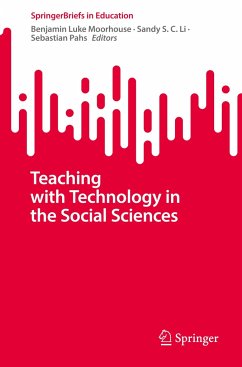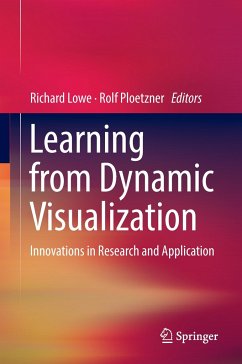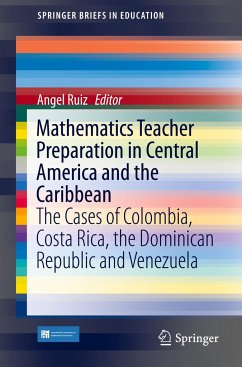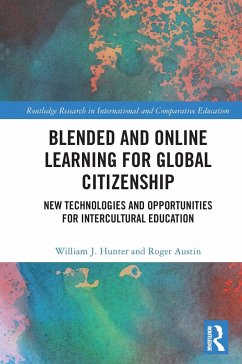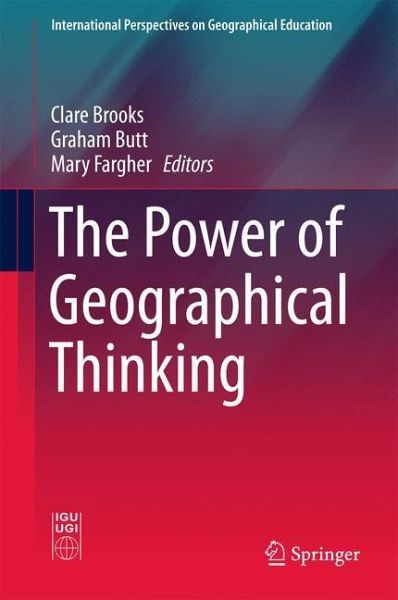
The Power of Geographical Thinking

PAYBACK Punkte
42 °P sammeln!
In this book geography educators from around the globe discuss their research into the power of geographical thinking and consider successful strategies to implement, improve and advance geography education in research and practice. It addresses key topics in geography education, such as multicultural competence, the role of teachers, the geography curriculum, spatial thinking, geographic information systems, geocapabilities, and climate change. At a global level the contributors and editors bring together the most advanced collection of research and discussion surrounding issues in geography ...
In this book geography educators from around the globe discuss their research into the power of geographical thinking and consider successful strategies to implement, improve and advance geography education in research and practice. It addresses key topics in geography education, such as multicultural competence, the role of teachers, the geography curriculum, spatial thinking, geographic information systems, geocapabilities, and climate change. At a global level the contributors and editors bring together the most advanced collection of research and discussion surrounding issues in geography education. The book will be of interest to geography education researchers worldwide, including academics at university and teachers in schools, as well as professional geographers with an interest in education.





